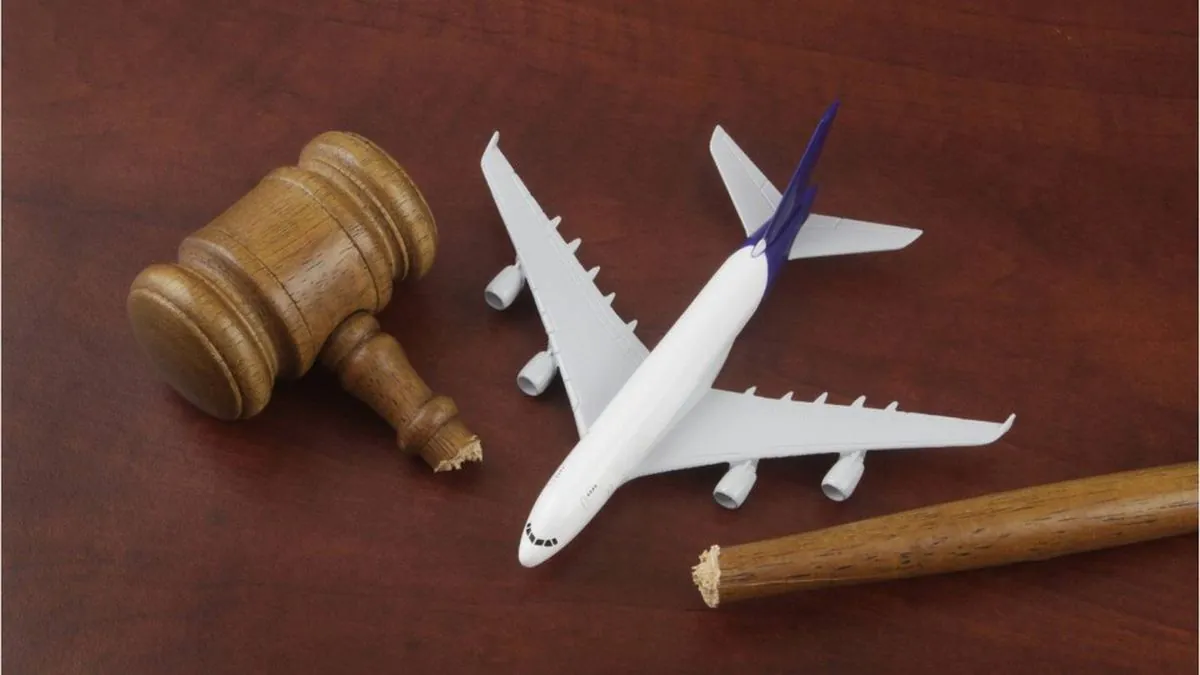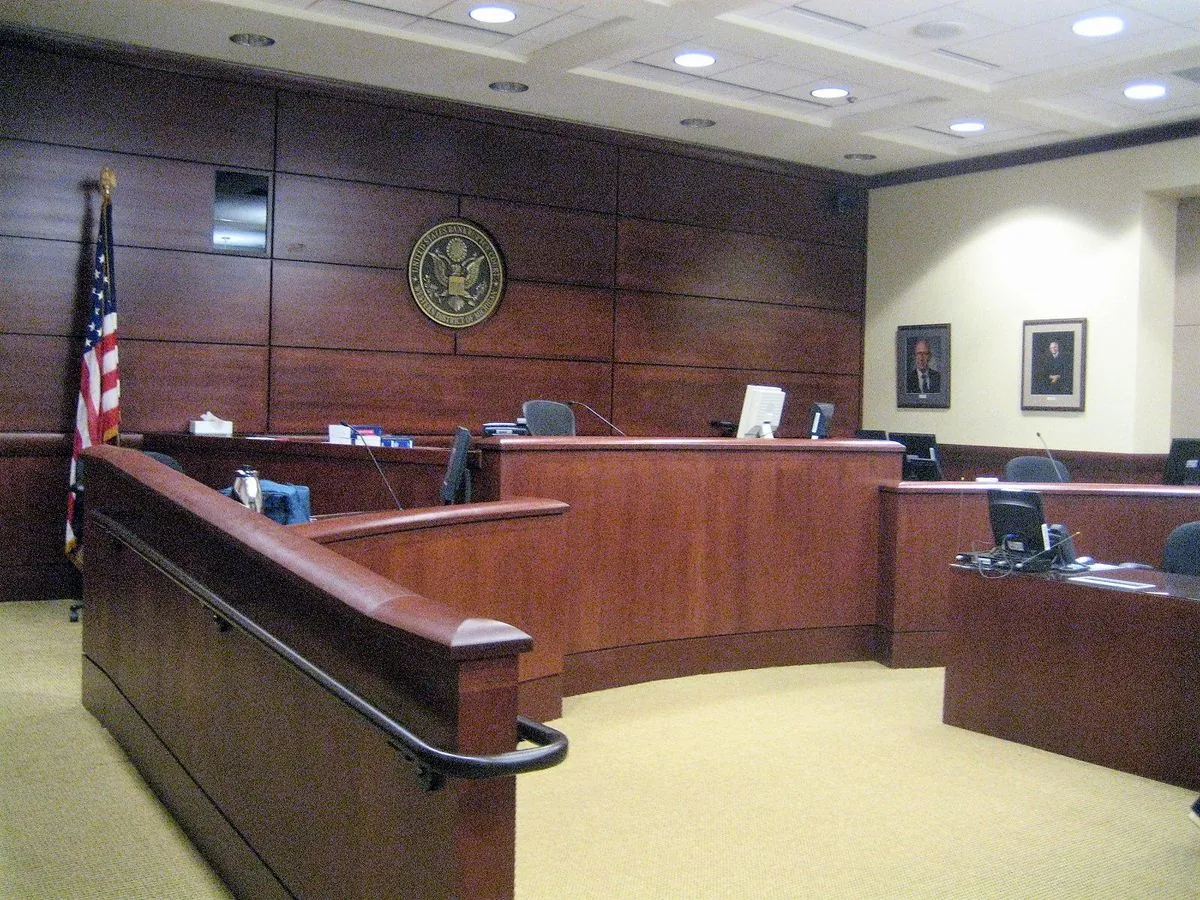Judge Denies $34.1M Fee Request in JetBlue-Spirit Merger Case
A federal judge rejected a multimillion-dollar fee request from private antitrust lawyers who sued to block the JetBlue-Spirit merger. The airlines had abandoned the $3.8 billion deal in March after losing a separate government case.

A federal judge in Boston has denied a request for up to $34.1 million in legal fees from private antitrust lawyers who challenged the proposed $3.8 billion merger between JetBlue Airways and Spirit Airlines. U.S. District Judge William Young issued a brief order rejecting the fee request, stating that the plaintiffs were not a "prevailing party" in the action.
The merger, which would have combined JetBlue, founded in 1998, with Spirit, established in 1983, was abandoned in March 2024 after Judge Young sided with the U.S. Department of Justice in a separate government case. The judge ruled that the merger would have been detrimental to consumers, reflecting the DOJ's longstanding scrutiny of airline consolidations.

The private lawyers, including Joseph Alioto of the Alioto Law Firm in San Francisco, had sought fees for their role in the case. However, JetBlue and Spirit opposed the request, accusing the lawyers of piggybacking on the government's case. The airlines, represented by attorneys from Cooley LLP and Paul, Weiss, Rifkind, Wharton & Garrison LLP, argued that the private lawyers did not try the case or win at summary judgment.
"They did not try this case. They did not win at summary judgment."
This case highlights the complex interplay between government antitrust actions and private litigation in the U.S. legal system. The Clayton Antitrust Act of 1914 allows for private antitrust suits, but this ruling underscores the challenges in claiming fees when government action plays a decisive role.
The airline industry has seen significant consolidation over recent decades, making antitrust cases particularly relevant. Both JetBlue, headquartered in Long Island City, New York, and Spirit, based in Miramar, Florida, have been key players in the evolving landscape of U.S. air travel.
Alioto maintained that the private lawsuit was instrumental in the airlines' decision to abandon the merger rather than appeal the government's case. He argued that challenging the attorneys' right to seek fees could undermine the federal law supporting private antitrust litigation.
This ruling by Judge Young, delivered in a court established in 1789, may have implications for future private antitrust actions, particularly in cases where government intervention plays a significant role. It underscores the importance of the "prevailing party" concept in U.S. legal fee awards and may influence strategies in future merger challenges.
As of September 2024, neither the lawyers nor spokespersons for JetBlue and Spirit have commented on the judge's decision. The case continues to be a topic of interest in both legal and aviation circles, reflecting the ongoing debates surrounding industry consolidation and consumer protection in the airline sector.


































